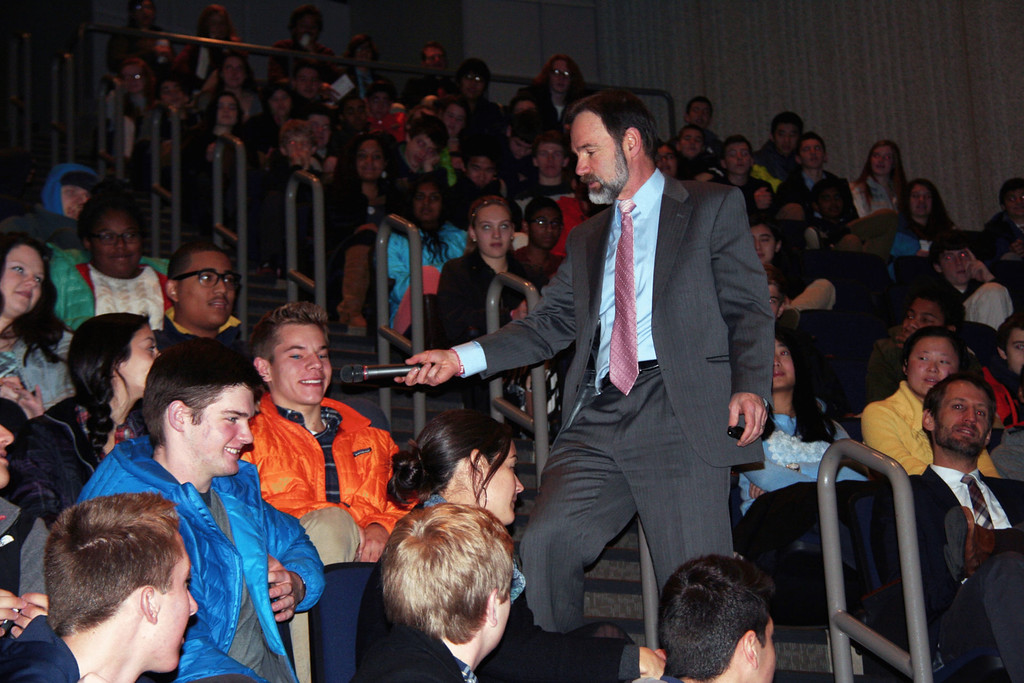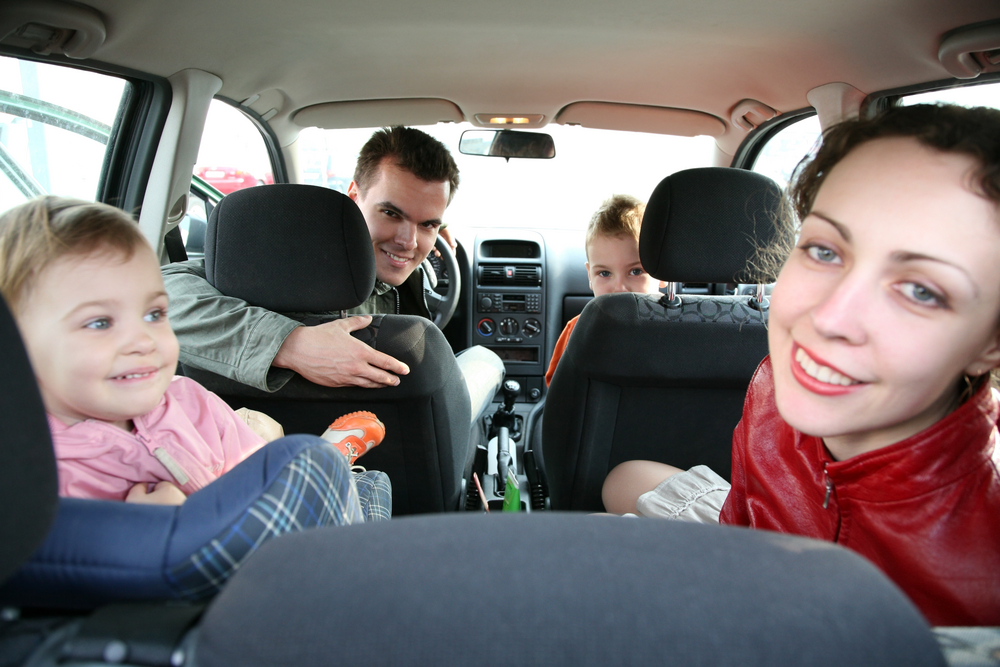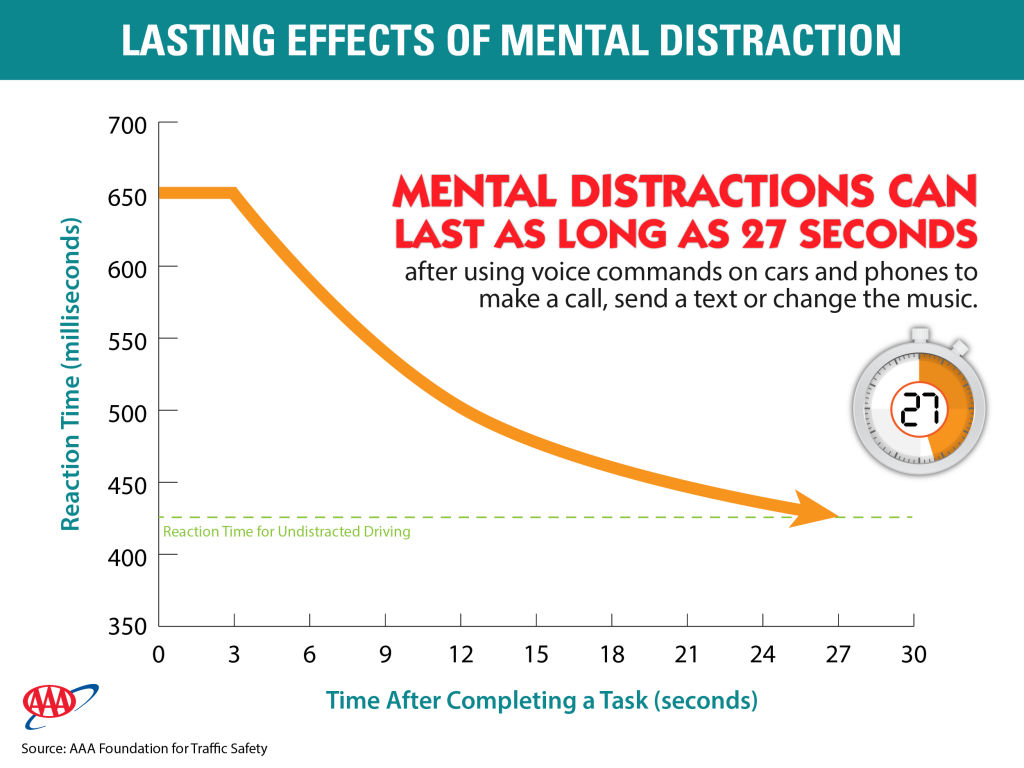
Dec
Join Us in the Philadelphia Area Wed. Night, Dec. 16th for a Presentation
If you are in the Philadelphia area come and participate in our EndDD (End Distracted Driving) presentation Wed. night, Dec. 16th at 7:00 pm. EndDD’s founder, Joel Feldman, who has personally spoken to more than 80,000 teens and adults across the country will be presenting, joined by Pat Fallon of the Montgomery County Health Department. Location: Lower Merion High School









